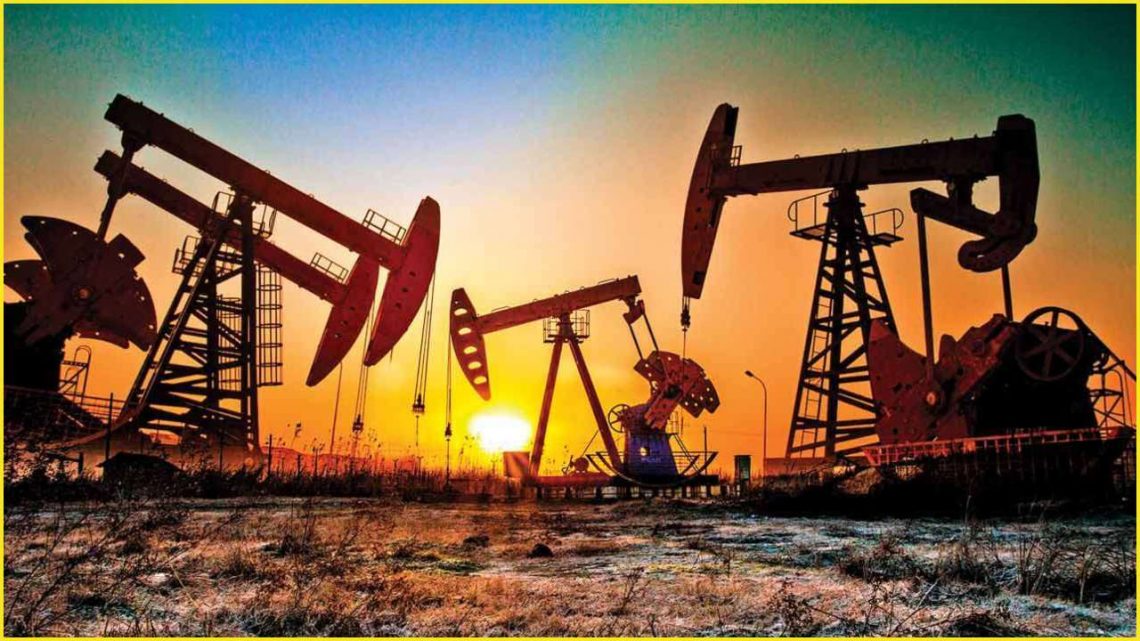What is Oil Futures?
Oil futures are contracts that allow investors to bet on the future price of oil. These contracts are traded on exchanges, and the price of oil is set by the market. Futures contracts can be for any quantity of oil, and they can be traded for any length of time.
Oil futures are used by investors to hedge against changes in the price of oil, and by producers and consumers to lock in prices for future purchases. Oil futures are also used as a tool for speculating on the future price of oil.
Why Do You Trade Oil Contract?
Oil futures contracts are popular among investors because they offer a way to hedge against changes in the price of oil. Futures contracts can be for any quantity of oil, and they can be traded for any length of time, making them a flexible tool for managing risk. Oil futures are also used as a tool for speculating on the future price of oil.
What Factors Are Likely To Influence The Actual Future Availability Of Oil?
There are a number of factors that are likely to influence the future availability of oil. First, global demand for oil is expected to continue to grow, driven by economic growth in emerging markets. This will put upward pressure on prices. Second, geopolitical risk is a significant factor that can impact the availability of oil. For example, tensions in the Middle East can lead to disruptions in supply. Finally, climate change could also have an impact on the future availability of oil, as extreme weather events could damage production facilities or lead to lower levels of production.
How Long Can You Hold Oil Futures?
Oil futures contracts can be held for any length of time. This makes them a flexible tool for managing risk. For example, if you expect the price of oil to rise, you could buy a futures contract and hold it until the price increases. If the price of oil falls, you could sell your contract before it expires.
What Happens When Oil Futures Expire?
When oil futures expire, the contract is closed out and the buyer and seller settle their positions. If the price of oil has risen, the buyer will make a profit, and if the price has fallen, the seller will make a profit. The size of the profit or loss depends on the difference between the price at which the contract was bought or sold and the price at which it expired.
Can Futures Be Cancelled?
Futures contracts can be cancelled at any time. This makes them a flexible tool for managing risk. For example, if you expect the price of oil to rise, you could buy a futures contract and hold it until the price increases. If the price of oil falls, you could sell your contract before it expires.
Oil futures are a valuable tool for investors and producers who want to hedge against changes in the price of oil, and for speculators who want to bet on the future price of oil. They can be held for any length of time, and they can be cancelled at any time.






